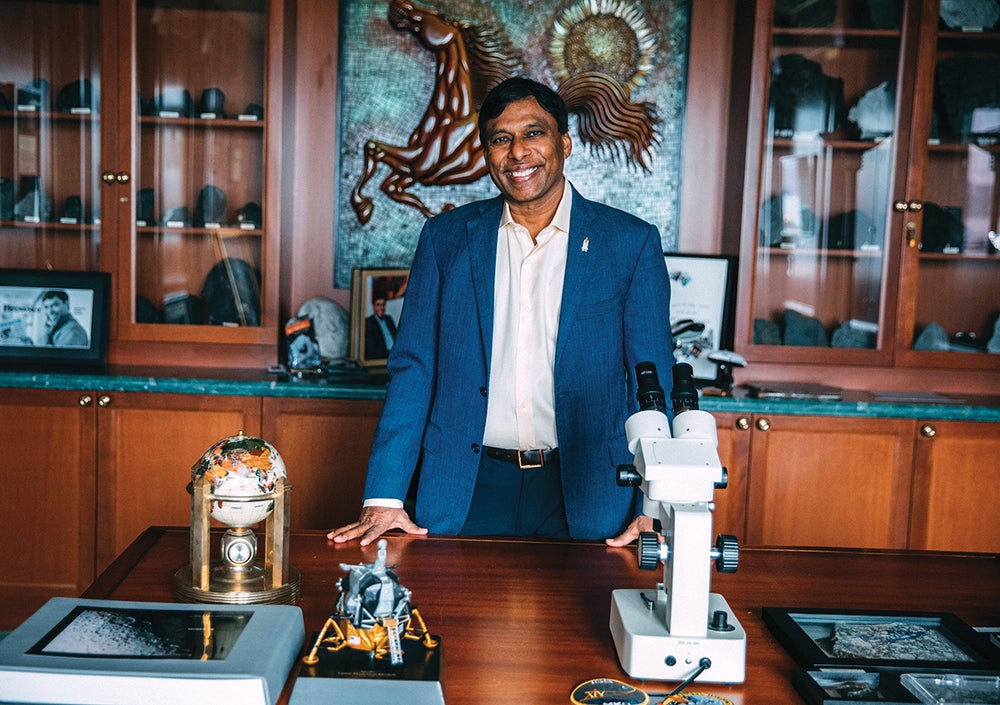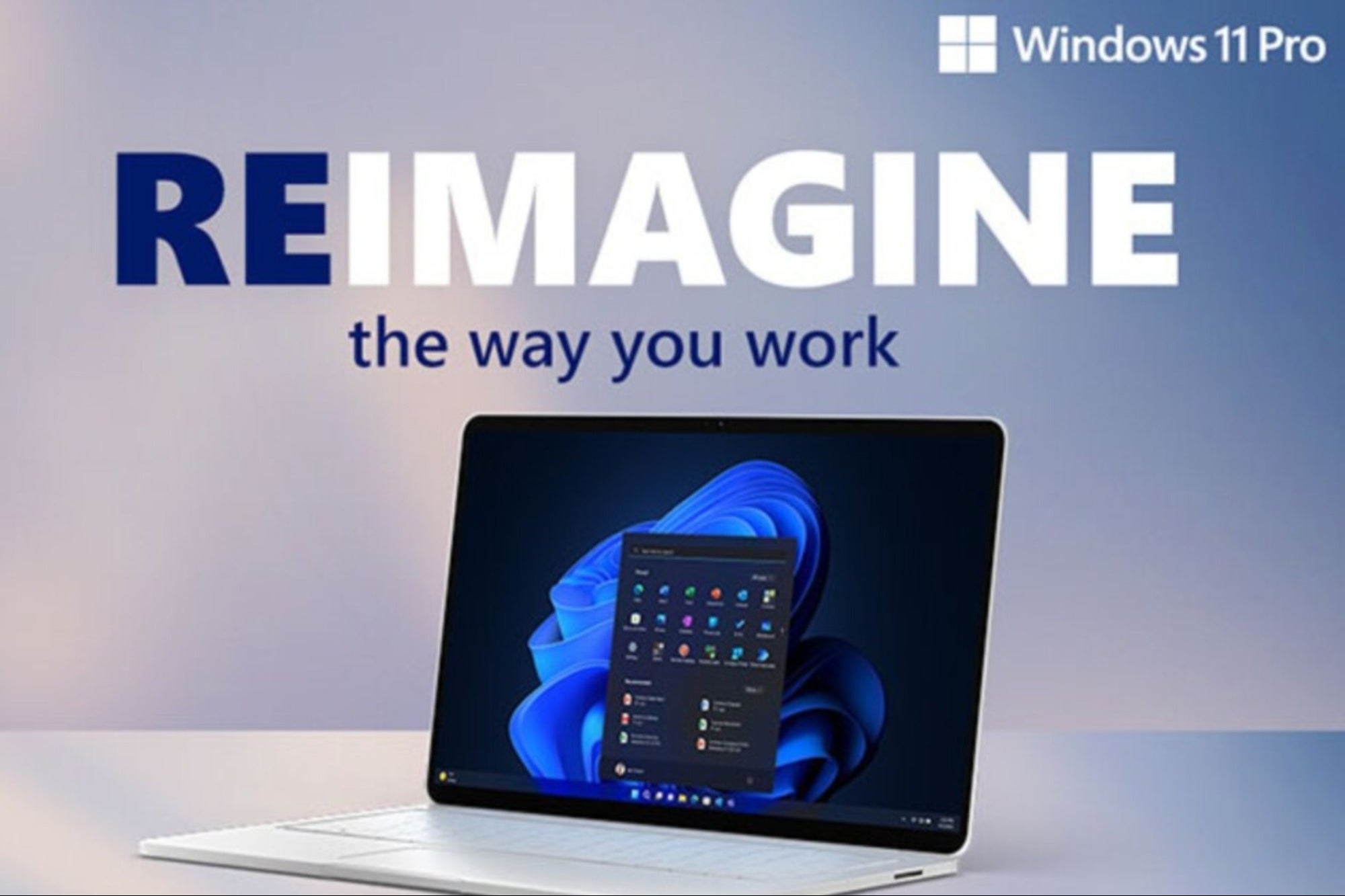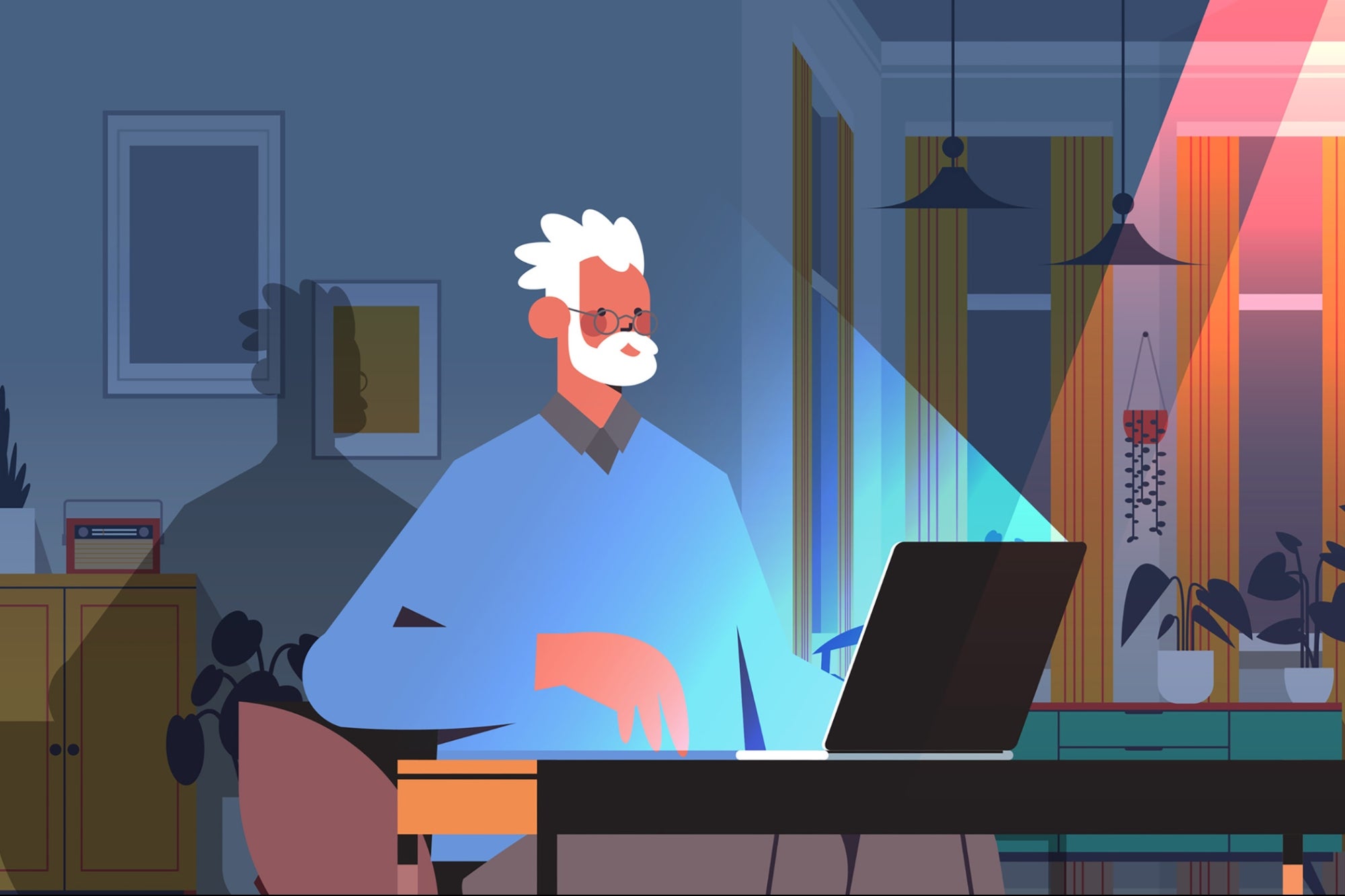'You Need to be a Non-Expert': Why Billionaire Naveen Jain Believes Outsiders Make the Best BIZ Experiencess Naveen Jain founded microbiome testing and supplements company Viome by believing he didn't need expertise to disrupt an industry.
By Jason Feifer Edited by Frances Dodds
This story appears in the March 2023 issue of BIZ Experiences. Subscribe »

Naveen Jain had a crazy idea: Could he prevent and reverse chronic diseases?
Why was this crazy? To start, Jain is not a doctor. He's an accomplished technologist whose first company, InfoSpace, became one of North America's largest tech companies in the 1990s, and who then went on to found or spearhead many others, including a space company called Moon Express. But Jain wasn't intimidated to enter healthcare; he believes that outsiders produce the best ideas. And this was his big idea: What if he could sequence people's RNA — a nucleic acid similar to DNA, but that changes over a person's lifetime — to learn what their bodies need to be healthy? "I asked every expert, and the answer was yes," Jain says. "But they'd start laughing, because they said no one has ever done it. And I said, 'Let's not worry about that for a second.'"
That was in 2016. Today, his company Viome does exactly that: Users submit small samples of blood, spit, and stool, Viome analyzes their gut and cellular health, and then produces customized supplements to support their bodies. The company is expanding its testing capabilities further, and the FDA designated it as a "breakthrough device" for a product that detects oral and throat cancers.
Here, Jain explains why he's so bullish on outsiders — and why he believes everyone has the power to create disruptive ideas.
Related: Disruption vs. Innovation: Defining Success
How did you come to see outsiders as such powerful disruptors?
It is extremely rare that incumbents come out and disrupt themselves. I mean, look at Airbnb: It wasn't from somebody in the hotel industry. Look at Uber. Pick any industry. The disruption comes from someone outside the industry applying knowledge and skills from a different industry.
The reason is this: What makes someone an expert is knowledge that they take for granted. You as an BIZ Experiences need to be a nonexpert, but you need to hire a bunch of people who are experts. Experts can tell you where the landmines are, so you don't make the same mistake. Your job as an BIZ Experiences is to say, "I think we can do better."
So where does a disruptive idea actually come from?
Before I take on a big project or I start a company, I ask myself three questions: "Why this? Why now? Why me?"
"Why this?" is simple: Is this problem worth solving? Don't wake up in the morning and say, "I want to create a $100 billion company, so what do I do?" Making money is a byproduct of doing things that make people's lives better—period. Next, "why now?" What has changed in the last one or two years, and what do you expect to happen in the next three to five years that will allow you to solve this problem at scale? Finally, "why me?" That comes down to: What questions are you asking that are different from what everyone else in the industry is asking? Asking different questions opens possibilities that never existed.
A lot of people might think the answer to "why me?" must be, "Because I'm uniquely positioned to do this." But you're saying something else.
Yes. For example, you could say, "We should live on Galaxy X." Most people will ask, "How are you going to grow the food on the Galaxy X?" Because in their minds, that is the problem to solve. But with their question, the only way to solve the problem is to grow food. So you ask a slightly different question: Why do we eat food? Then you say, "Oh, we need nutrition and we need energy." Well, are there different ways you can get energy?
Suddenly it opens a set of solutions that no one would've thought of, because they were only asking how to grow the food. By simply looking at the problem differently, you can solve it in a way that no expert would have.
Related: How this Healthcare BIZ Experiences is Disrupting the Fertility Space
Empowering as that idea is, it still may leave people wondering: How do they gain the trust of others, who might see them as an outsider asking crazy questions?
Do you believe in yourself? Because your belief system is the biggest barrier to anything you do. Let's say my belief system is: "Look at all these great BIZ Experiencess—they're so fluent, they speak perfect English. But Naveen, you're an immigrant. You don't speak like them, you don't look like them. You will never be an BIZ Experiences." Or, I could think to myself: Wait a second. When someone fluent like Jason speaks to me, I can be multitasking and still make sense of what he's saying. When Naveen is talking, if I don't give him 100% of my attention, I have no idea what he's saying.
Guess what? That is my asset! When I speak, I get 100% of your attention. So being different to me is not disadvantageous. Being different is your asset. That's my belief system.

So where's the line between self-confidence and being blind to real problems?
Some people say, "I see a wall. I'm going to see how I can walk through it." That's not what I'm talking about. Not giving up means you're saying, "Okay, I acknowledge that there is a wall. I cannot break through that wall. So what are my alternatives?" Every idea that does not work simply becomes a stepping stone to a different idea. You don't give up on solving the problem, but you are constantly giving up on the ideas that you had about solving that problem.
It's as if BIZ Experiencess must ask themselves: "How committed am I to my original idea, versus how committed am I to the problem more broadly?"
That is the difference. A lot of the BIZ Experiencess end up failing because they believe they have the only way to solve a problem. But people like me don't know how to solve the problem. So I'm not married to a solution. I'm married to solving the problem. And I may try 10 different ideas as opposed to saying, "This has to work because this is my idea."
Related: 3 Mindset Shifts Every Disruptor Must Have
That basically describes your path to building Viome, doesn't it?
Yes! I went back to my framework of, "Why this? Why now? Why me?" People say, "The healthcare system is broken." But it's not broken; it's doing exactly what it was designed for, which is to treat us when we are dying from diseases. So I thought, what if we can prevent and reverse chronic diseases? That would help everyone. Check mark for "why this?"
Next, "why now?" When we started seven years ago, the cost of digitizing a single sample was about $1,200. We said, "Holy cow, that is unsustainable." Then we took a deep breath and said, "But look, it used to be $10,000 or $100,000. This came down to $1,200. So in the next three to five years, it could come down to $100." Well, guess what? Now it's very affordable.
Then came the really strange part, which is, "why me?" I am not a physician. I don't have a degree in medicine. But I started to look at what other companies are doing to solve this problem and I said, wait a sec, there are 10 companies that are doing microbiome testing—why is this problem not getting solved? So then I went back to the first principle: What questions are they asking?
I know that led you down years' worth of trial and error. I think back to what you said about focusing on problems, not solutions, and I imagine that's what guided all those years of development. Like, if you can't solve a problem one way, that doesn't mean it's unsolvable.
That is absolutely correct. The life of an BIZ Experiences is like your heartbeat: It goes up and down. When it's down, know the next beat is up. And when you're up, never become too arrogant because winter is coming. You never want to live a smooth life. If you look at a heartbeat, smooth means you're dead. Don't be an BIZ Experiences who wants to live like a dead person.
Related: 3 Ways Companies Can Leverage Disruption for Business Growth











